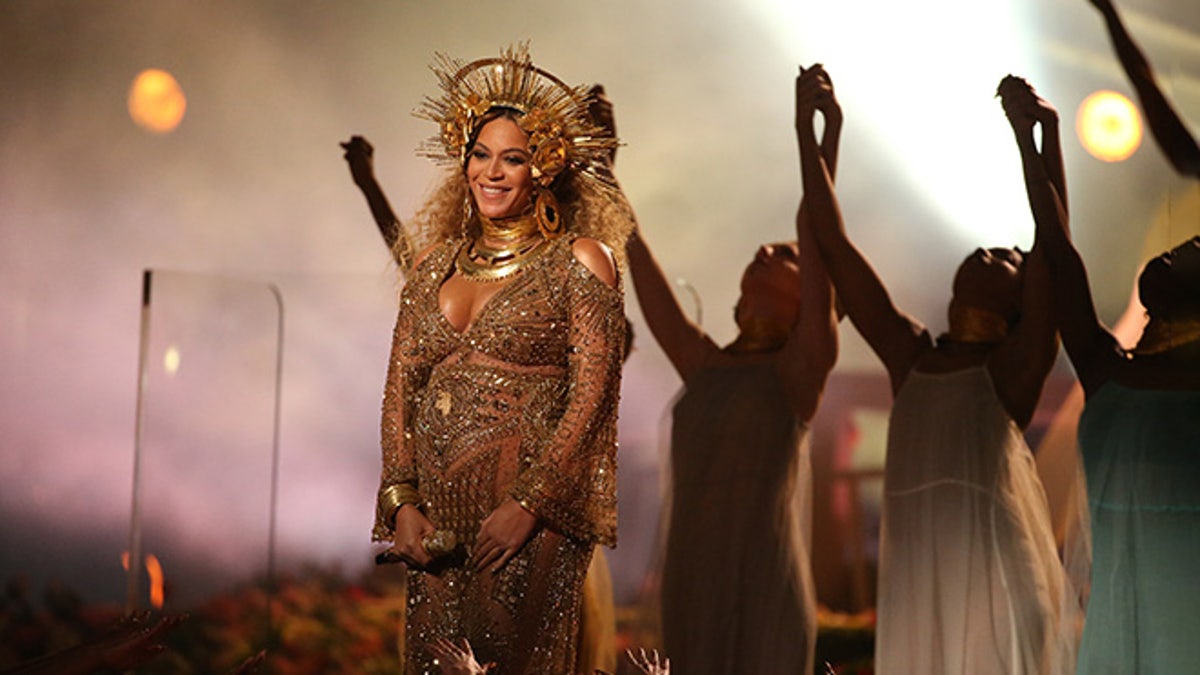
Beyoncé performs at the 59th Annual Grammy Awards in Los Angeles, California, U.S. , February 12, 2017. (REUTERS/Lucy Nicholson)
When Beyoncé announced she was having twins in a viral Instagram photo earlier this month, many fans were quick to assume the star, 35, had conceived through in vitro fertilization (IVF) due to her age. Days later, news broke that Amal Clooney and her husband, actor George Clooney, too, were expecting two new babies, and again, online chatter suggested the 39-year-old international human rights lawyer may have used an alternative fertility treatment to get pregnant.
While neither woman has confirmed whether she used IVF or another fertility treatment, experts say that maternal age can influence whether a pregnancy is of the single or duplicate variety.
“This is about the way your ovaries work and how their function changes with age, so you may release more than one egg each month,” David Davies, consultant obstetrician at Portsmouth’s Queen Alexandra Hospital in the United Kingdom, told Mother & Baby.
Research supports Davies’ claim.
A 2006 study published in the journal Human Reproduction found that, among the 500 women studied, the 105 participants whose mean age was older saw multiple rather than single ovulations and higher mean basal follicle-stimulating hormone (FSH) concentrations. FSH triggers the ovaries to produce sufficient estrogen and release an egg (ovulation).
“No scientifically based explanation for this phenomenon has been forthcoming,” study authors wrote in the paper. “It is all the more fascinating as it occurs, paradoxically, in the age group when fertility potential starts to decline rapidly.”
Experts agree that, at age 35, overall fertility begins to decline, while the risk for miscarriage or having a baby with Down syndrome increases.
According to the National Institutes of Health (NIH), dizygotic, or fraternal, twins, are conceived when two egg cells are fertilized by a different sperm cell in the same menstrual cycle. They are about twice as common as monozygotic, or identical, twins, and tend to run in families. Fraternal twins are thought to stem from what scientists call hyperovulation, which is the release of more than one egg during a single menstrual cycle, according to the NIH.
In addition to maternal age, diet, ethnic background, body composition and number of other children are believed to increase the risk for fraternal twins.
Neither Beyoncé nor Clooney has confirmed whether they are expecting fraternal or identical twins, but research suggests their decision to wait to have children may have helped the celebs conceive not just one but two bundles of joy.
